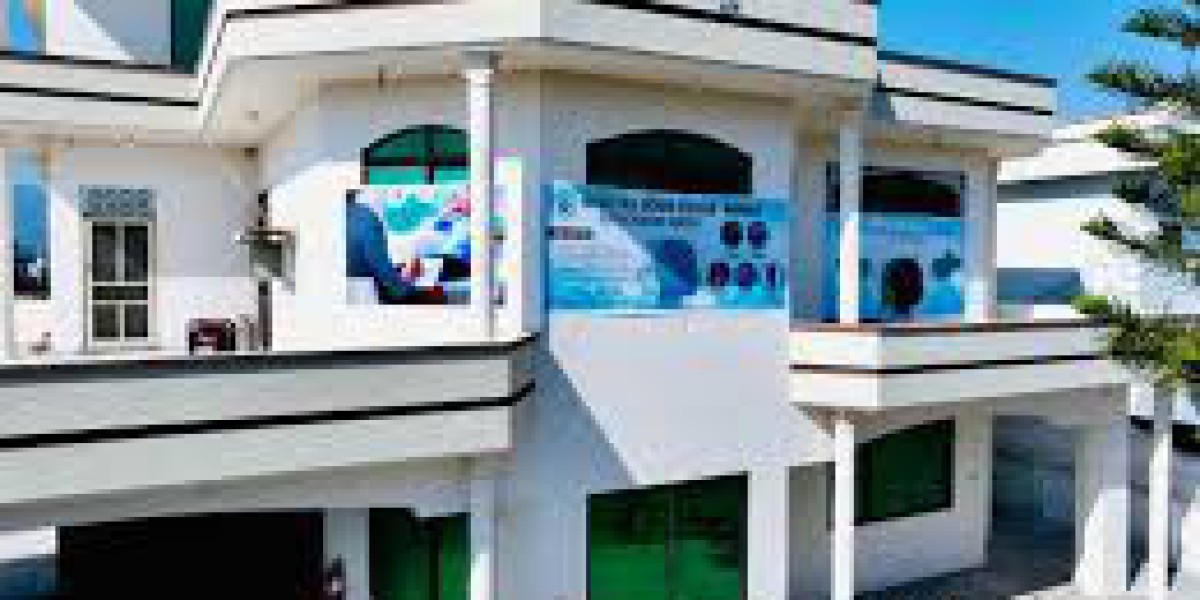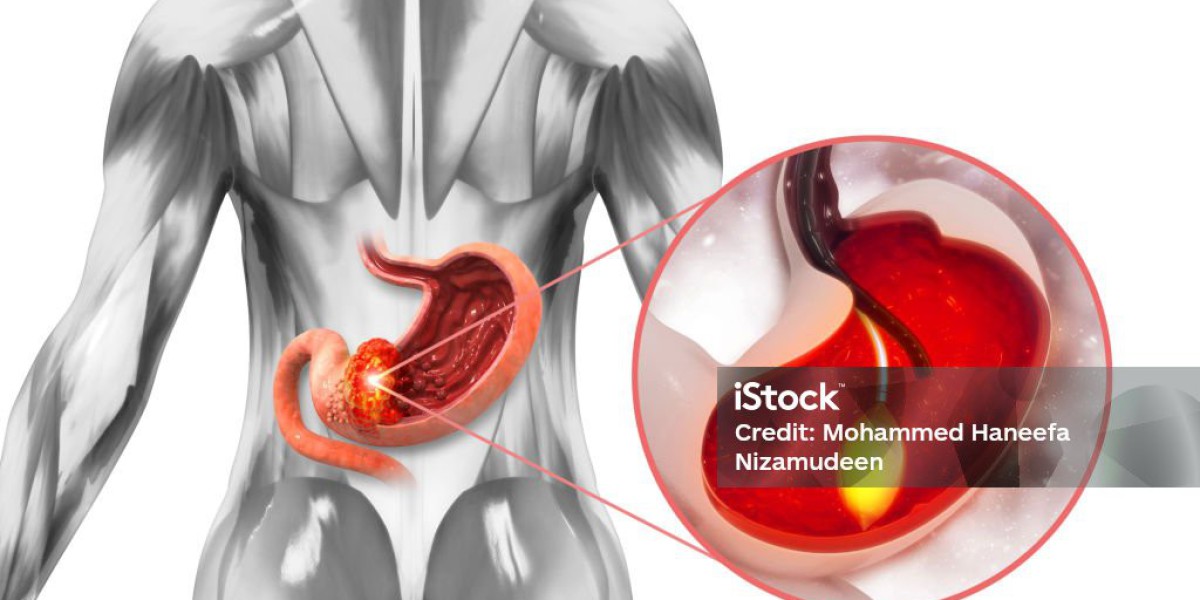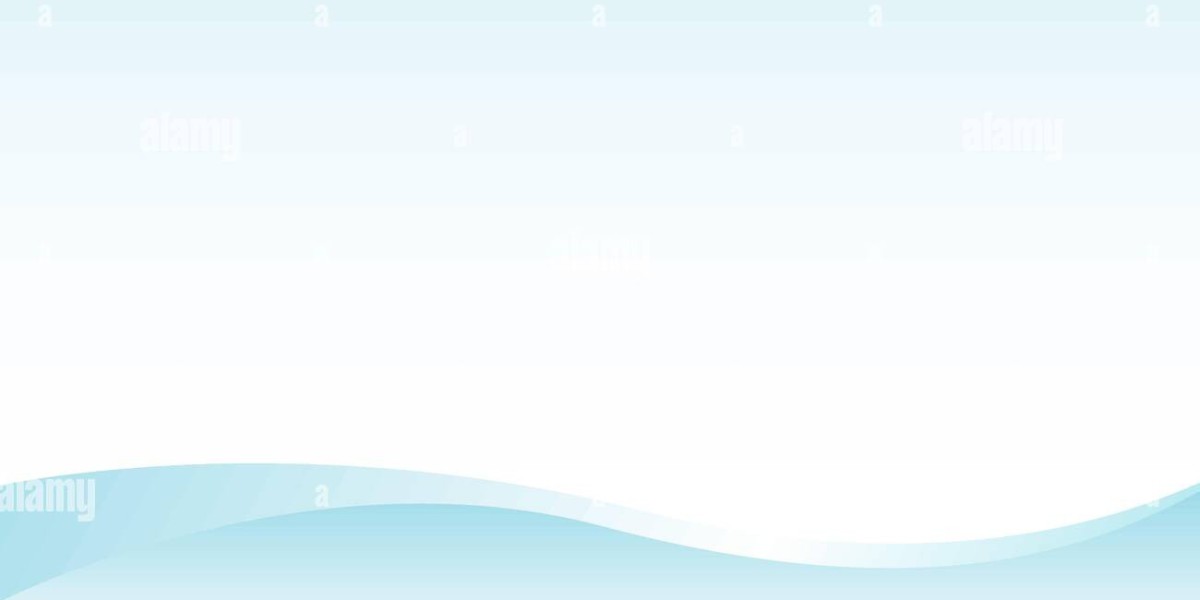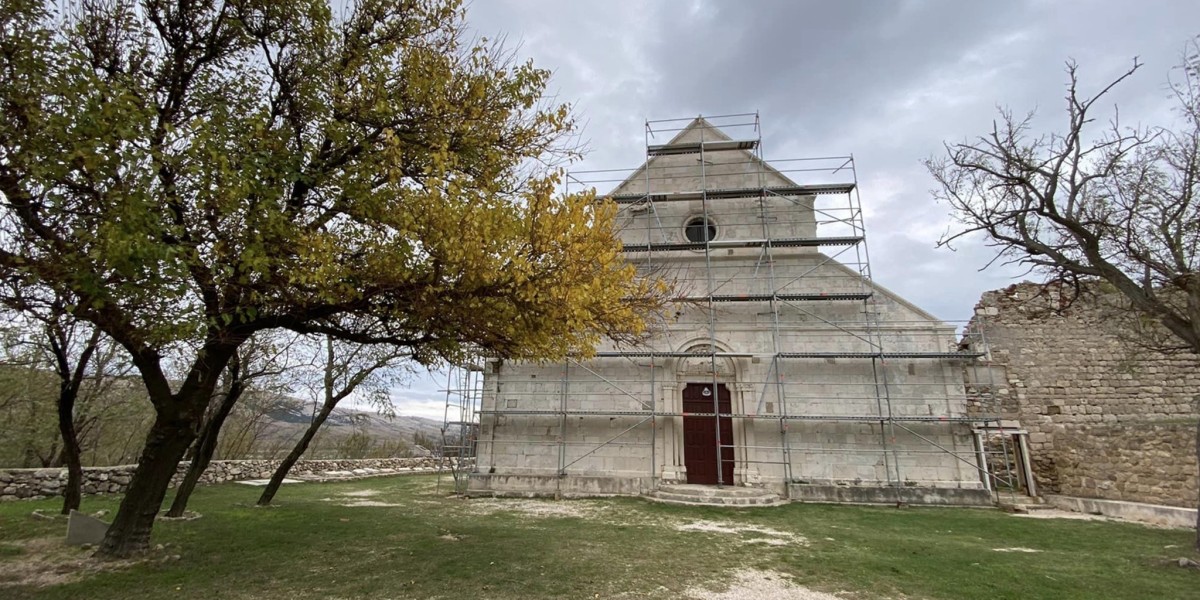Recovery from addiction or mental health challenges isn’t just about medical treatment — it’s about connection, community, and support. For those seeking a path to healing, joining a strong recovery community can make all the difference. In the heart of the capital, a trusted rehabilitation center in Islamabad offers not only effective treatment but also a compassionate environment where lasting change is possible.
The Power of Community in Healing
Isolation often fuels addiction and emotional distress. One of the most effective ways to combat this is by becoming part of a recovery community. These groups offer understanding, accountability, and the shared strength of people on similar journeys. Whether through group therapy, peer support meetings, or aftercare programs, community plays a central role in sustainable recovery.
Why Choose Islamabad’s Leading Rehab?
Not all rehab centers are created equal. Islamabad’s top facilities provide much more than detox or therapy — they cultivate an environment where people can feel safe, accepted, and motivated to change. With trained professionals, personalized care, and a culture of empathy, these centers focus on the whole person, not just the addiction.
Beyond Treatment: Building a New Life
A strong recovery community doesn’t end when treatment does. Aftercare programs, sober living options, and alumni networks ensure that individuals stay connected and supported long after leaving rehab. These networks provide the encouragement and accountability needed to navigate real-world challenges without relapse.
Conclusion
Joining a supportive recovery community can be the turning point in a person’s journey toward healing. A leading rehabilitation center in Islamabad gives individuals the strength, resources, and encouragement needed to reclaim their lives and thrive — not just in treatment, but far beyond it.








